Protect the legitimate rights and interests of citizens as well as vulnerable groups
The National Assembly discussed in the hall the draft Resolution of the National Assembly on piloting the People's Procuracy (PPC) in initiating civil lawsuits to protect the civil rights of vulnerable groups or protect public interests on June 29.
At the discussion session, delegate Nguyen Thanh Hai (Hue City Delegation) commented that this pilot Resolution institutionalizes Resolution 27 of the Central Executive Committee as well as the conclusion of the Politburo , meeting practical requirements.
According to the provisions of the Constitution, the People's Procuracy has the duty to protect the Constitution and the law, protect the rights and interests of citizens, protect the socialist legal system and protect the interests of the State.
Therefore, this pilot resolution is also a tool to protect the legitimate rights and interests of citizens as well as vulnerable groups (also known as disadvantaged groups).
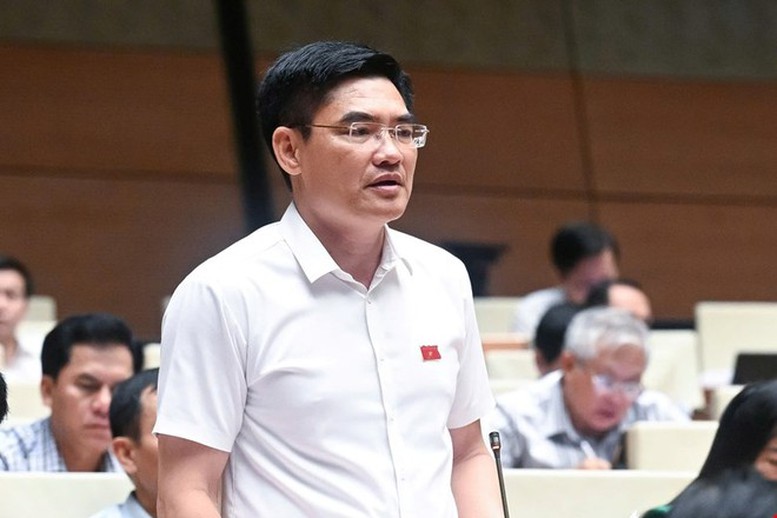
Delegate Nguyen Thanh Hai ( Hue City Delegation)
According to the Civil Procedure Code, individuals, organizations, and relevant agencies have the responsibility to file lawsuits to protect vulnerable groups and public interests. However, in practice, the number of such lawsuits in the past has been very small, only 0.0001%.
Therefore, according to delegate Nguyen Thanh Hai, it is necessary to assign the prosecutor's office the function of initiating civil lawsuits and before this agency wants to initiate a lawsuit, it must notify and send recommendations to competent agencies and organizations. When these agencies and organizations do not initiate a lawsuit, the prosecutor's office will initiate a lawsuit.
"The Procuracy is considered the plaintiff, not the plaintiff. Plaintiffs often file lawsuits to protect their rights and legitimate interests that have been violated, but here the Procuracy protects the legitimate rights and interests of citizens, including the disadvantaged, and public interests that have been violated. Thus, the Procuracy performs the functions prescribed by the Constitution," said delegate Nguyen Thanh Hai.
The delegate cited some typical examples such as the case of scrap smuggling that occurred at a company in Quang Ngai. This company imported more than 2,000 tons of plastic scrap and for this act, the subjects and the company were prosecuted under criminal law. However, with more than 2,000 tons of plastic waste that needs to be destroyed, where will the funding come from? "In this case, there needs to be a mechanism such as the draft resolution for the prosecutor's office to sue the violators to pay money to destroy and remedy the environmental consequences that occurred," delegate Nguyen Thanh Hai analyzed.
Or the case of illegal exploitation of resources that occurred in Lao Cai province, in which two companies colluded to exploit an area of nearly 6 hectares with more than 1.3 million tons of apatite. These subjects were criminally prosecuted. This illegal exploitation caused extremely serious pollution in that area and created many very large holes, affecting the surrounding environment and landslides when the rainy season came, affecting the lives of surrounding households. The trial of this case did not raise the issue of protecting public interests, that is, the damage occurred when the forest was destroyed but no agency or organization stood up to sue, requiring the violators to remedy the consequences.
The delegate also cited an example in the Dai Ninh case, where state land was converted to private ownership and the Lam Dong Provincial People's Committee was responsible for making a decision to reclaim it. If the province fails to comply and the draft resolution is passed, the prosecutor's office can file a lawsuit forcing the Lam Dong Provincial People's Committee to make a decision to reclaim the land in this project.
Building a special mechanism of 'public plaintiff'
Delegate Phan Thi My Dung (Long An Delegation) emphasized that allowing the prosecutor's office to initiate lawsuits in public interest civil cases is a new point, having a great impact on the civil procedural mechanism.
According to Article 21 of the current Civil Procedure Code, the prosecutor only supervises compliance with the law in civil proceedings, has no right to initiate a lawsuit, and is not a plaintiff or a defender of rights.
According to the draft Resolution, the Procuracy shall "supervise compliance with the law in resolving civil and public interest cases, and exercise the right to request, recommend, and protest according to the provisions of the law on civil procedure".
The draft also stipulates that the prosecutor assigned to participate in the trial will announce the decision to initiate a lawsuit, present evidence, debate, express opinions, and may withdraw the request to initiate a lawsuit.
“The issue arising from the draft is whether the prosecutor is the plaintiff, the representative, or the protector of rights and participates in the proceedings in what legal capacity? If the prosecutor initiates the lawsuit, participates in the litigation, and supervises the proceedings, is there a conflict of roles?”, Ms. Dung raised the issue.
Delegate Phan Thi My Dung also asked: Who will supervise the prosecution activities if the district-level procuracy (soon to be the regional procuracy) files a lawsuit? Will another prosecutor be assigned or will the higher-level procuracy assign the supervision?
From the above analysis, delegate Dung proposed to add to the draft regulation: “The Procuracy in a public interest civil case is the plaintiff with the same rights and obligations as the plaintiff as prescribed in the Civil Procedure Code. At the same time, with different mechanisms on the role of the Procuracy in participating in the proceedings as in the draft Resolution.
Ms. Dung also proposed to add a provision: “In cases initiated by the procuracy, the superior procuracy shall perform the function of supervising the proceedings”. In the long term, according to her, we need to aim to identify and build a special mechanism of “public plaintiff” like the model of some countries, where the prosecutor has the right to initiate a lawsuit to protect the public interest but does not simultaneously supervise the proceedings.
In addition, Director of the Long An Department of Justice Phan Thi My Dung also raised the question: Does the Procuracy have to deposit a security deposit when requesting the Court to apply temporary emergency measures such as freezing assets, prohibiting the transfer of assets, etc.? According to the draft Resolution, the Procuracy has the right to request the Court to apply temporary emergency measures to protect rights, assets, ensure the collection of evidence, protect evidence, ensure the settlement of the case or the execution of the judgment.
Meanwhile, the Civil Procedure Code stipulates that the litigant has the right to request the application of temporary emergency measures such as freezing assets, prohibiting the transfer of assets... and "the person requesting the Court to apply temporary emergency measures must pay a security deposit"... "Thus, the issue raised by the draft Resolution is whether the Procuracy must pay a security deposit? The draft only stipulates that the Procuracy does not have to pay court fees but does not specify the security deposit...", Ms. Dung pointed out.
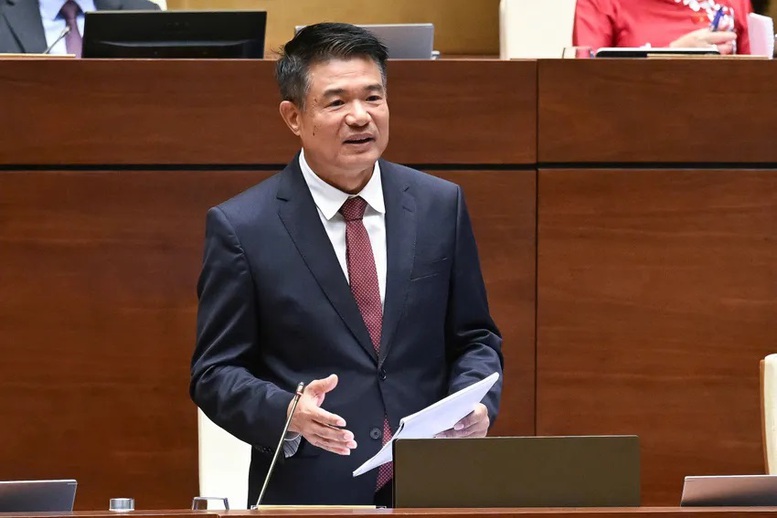
Chief Justice of the Supreme People's Procuracy Nguyen Huy Tien
New proposal to pilot civil lawsuits
Chief Justice of the Supreme People's Procuracy Nguyen Huy Tien said that the world has "four major litigations", including: criminal litigation, civil litigation, administrative litigation and public interest litigation. The Supreme People's Procuracy has conducted two research projects: civil lawsuits to protect public interests, the disadvantaged and administrative lawsuits for public interests; this time, it has proposed to pilot civil lawsuits.
Regarding the issue raised by delegate Phan Thi My Dung, according to Mr. Tien, civil lawsuits, in the usual sense, are to protect one's own rights, usually in the private sector. In this case, the lawsuit filed by the prosecutor's office is different from a civil lawsuit, this is to exercise public power, to ensure social order but not to the extent of a criminal offense.
"The Procuracy does not file a petition or request, but represents the public authority to decide to initiate a lawsuit to protect public order and law, including areas related to the majority such as the living environment...", said Mr. Nguyen Huy Tien.
According to the Chief Justice of the Supreme People's Procuracy Nguyen Huy Tien, because the procuracy works for the common good, there is no payment of court fees, no deposit of security when requesting the application of temporary emergency measures, and no agreement. "This is a general trend in building legal proceedings to protect social order, protect common interests related to the majority, or protect the disadvantaged who do not have the conditions to protect themselves," Mr. Tien emphasized.
Regarding the opinion that "The Procuracy is both the one who decides to initiate a lawsuit, participates in the proceedings, and supervises the trial activities", Mr. Tien said that this is a matter that has been discussed. The Procuracy has the function of participating in the proceedings and supervising the trial activities and judicial activities. This is to ensure that the court's trial process and decision making are transparent, objective, fair, and human rights-based...
Phuong Lien
Source: https://baochinhphu.vn/xay-dung-co-che-dac-biet-bao-ve-cong-dan-va-nhom-de-bi-ton-thuong-102250529150544662.htm


![[Photo] Prime Minister Pham Minh Chinh attends the event "Digital transformation of the banking industry by 2025"](https://vphoto.vietnam.vn/thumb/1200x675/vietnam/resource/IMAGE/2025/5/29/0e34cc7261d74e26b7f87cadff763eae)
![[Photo] Journalists moved to tears at the Memorial Service for the soldiers who died in Gac Ma](https://vphoto.vietnam.vn/thumb/1200x675/vietnam/resource/IMAGE/2025/5/30/9454613a55c54c16bf8c0efa51883456)
![[Photo] A delegation of 100 journalists from the Vietnam Journalists Association visits the soldiers and people of Truong Sa island district.](https://vphoto.vietnam.vn/thumb/1200x675/vietnam/resource/IMAGE/2025/5/30/0984a986227d4e988177f560d2e1563e)







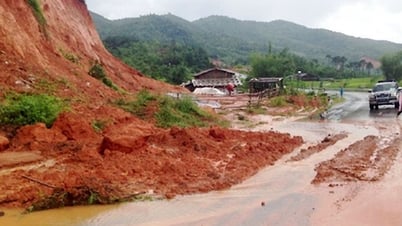
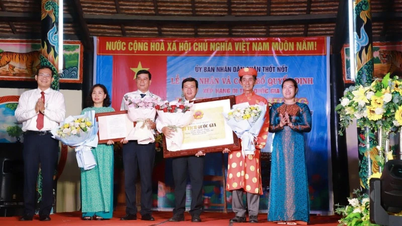

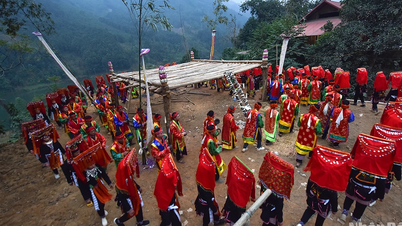
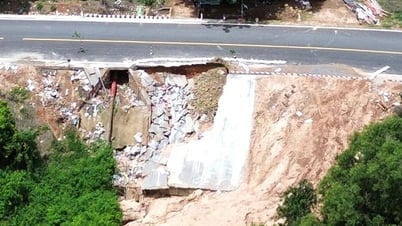









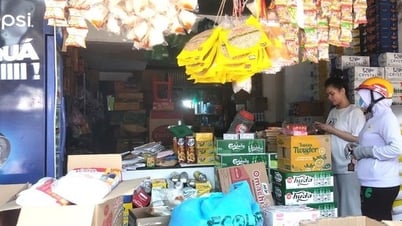







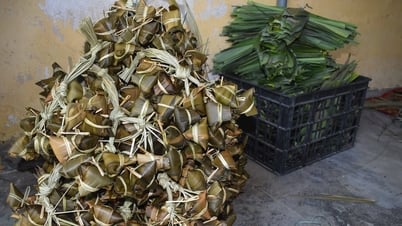











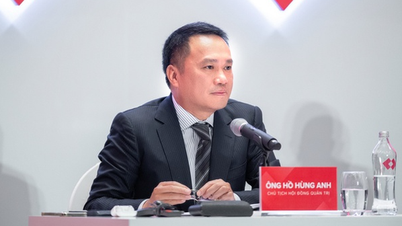




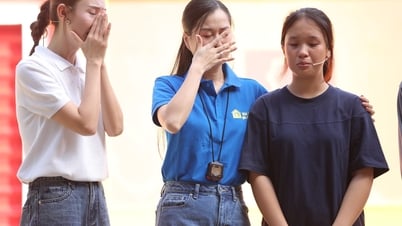
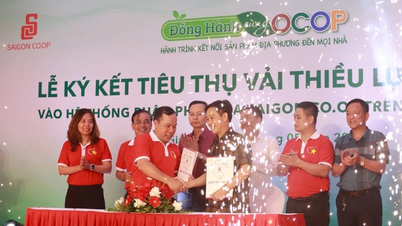
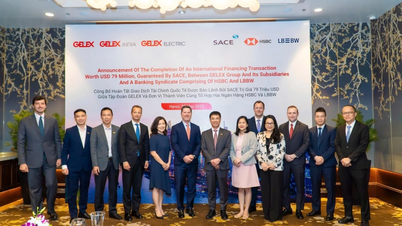










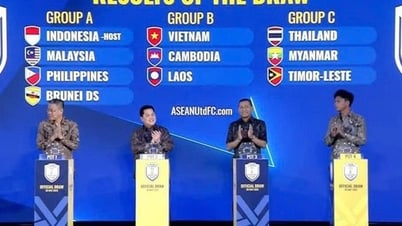

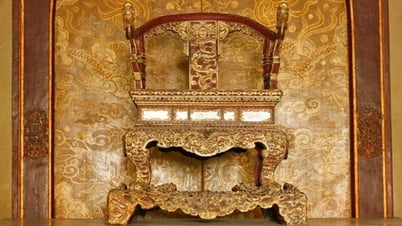
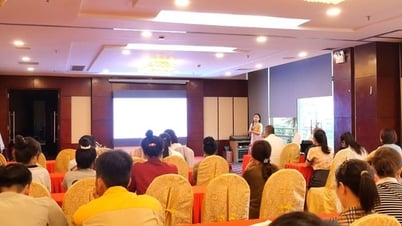
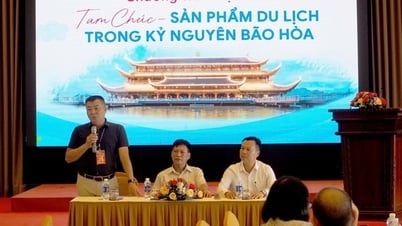





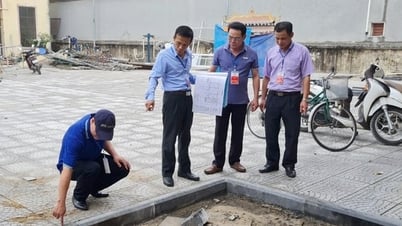

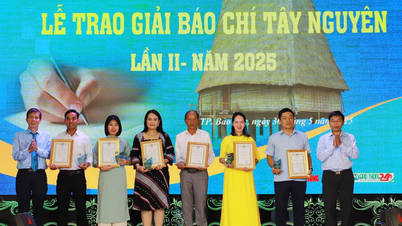



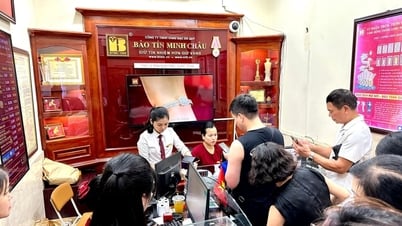


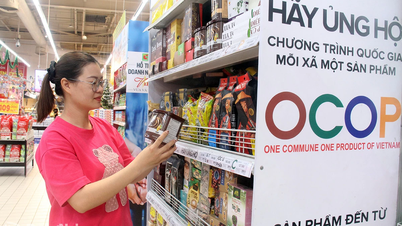
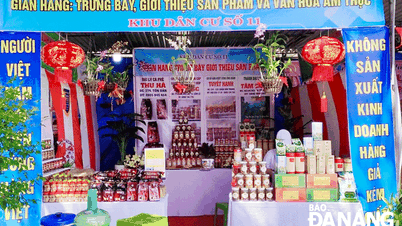

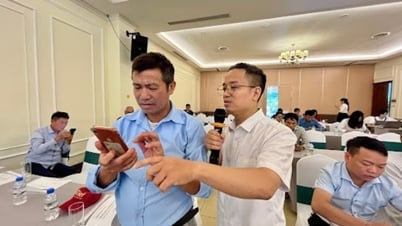

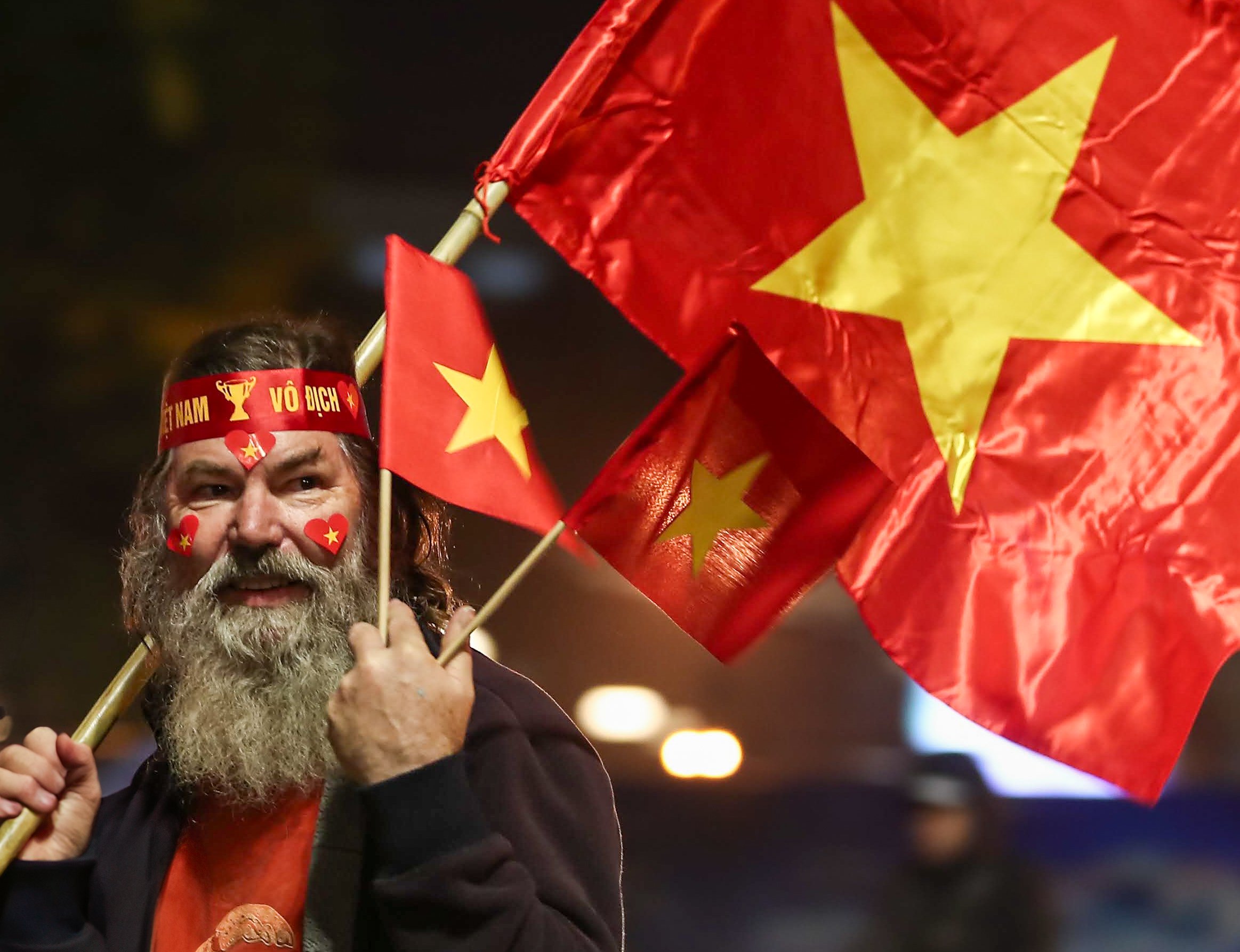



Comment (0)